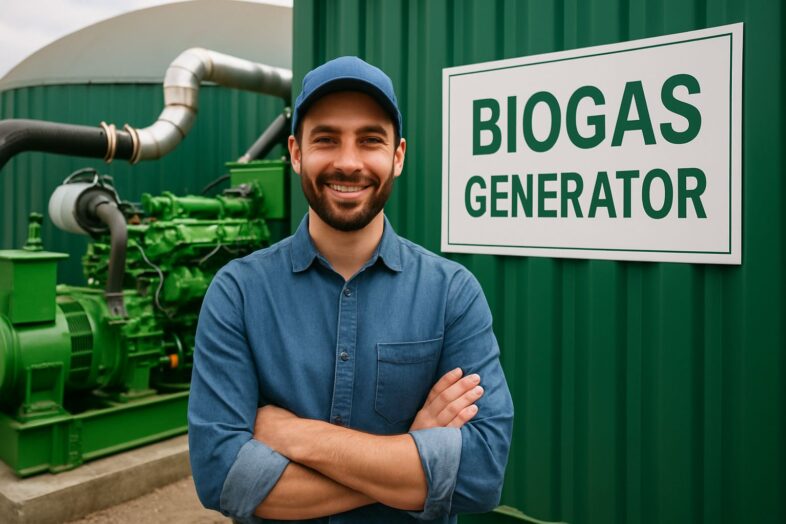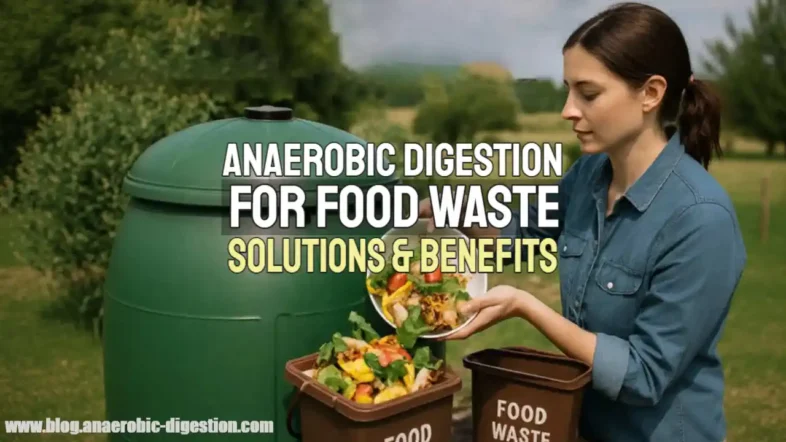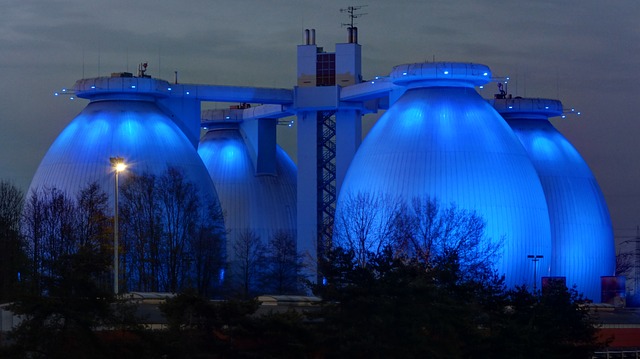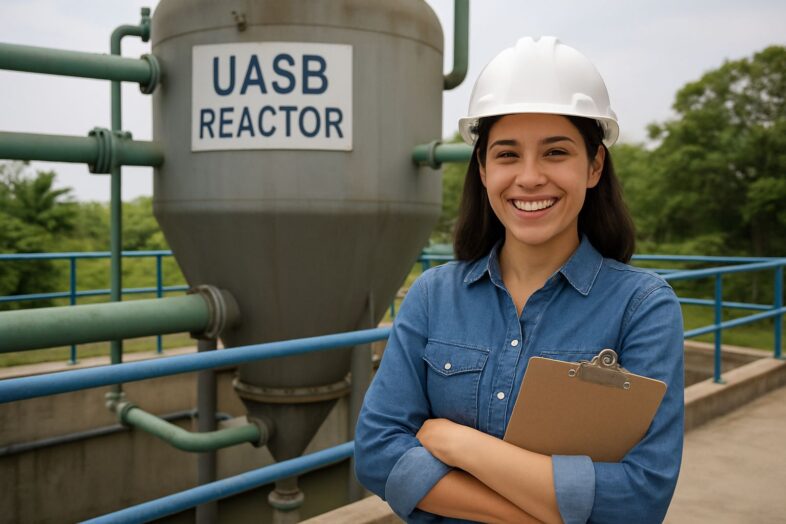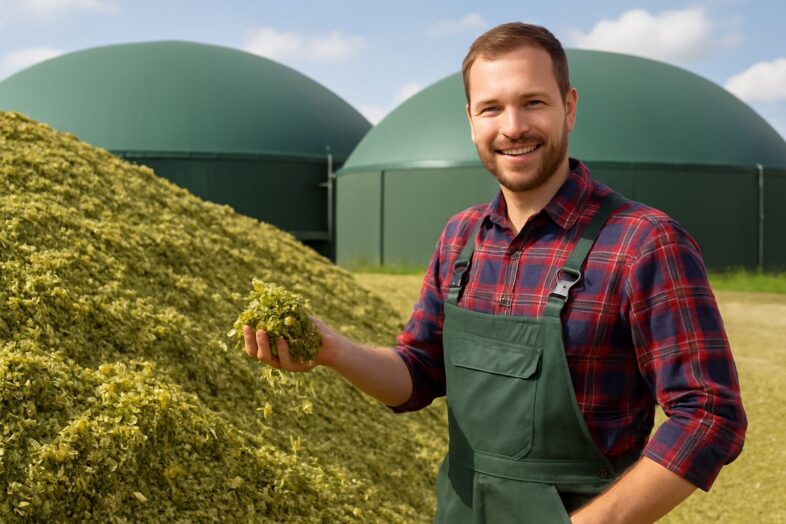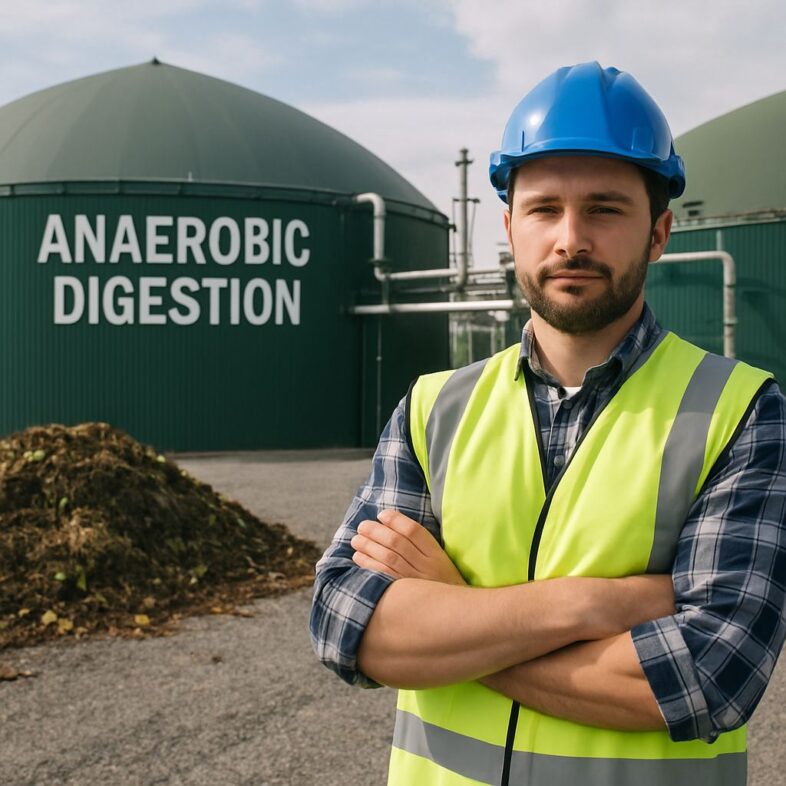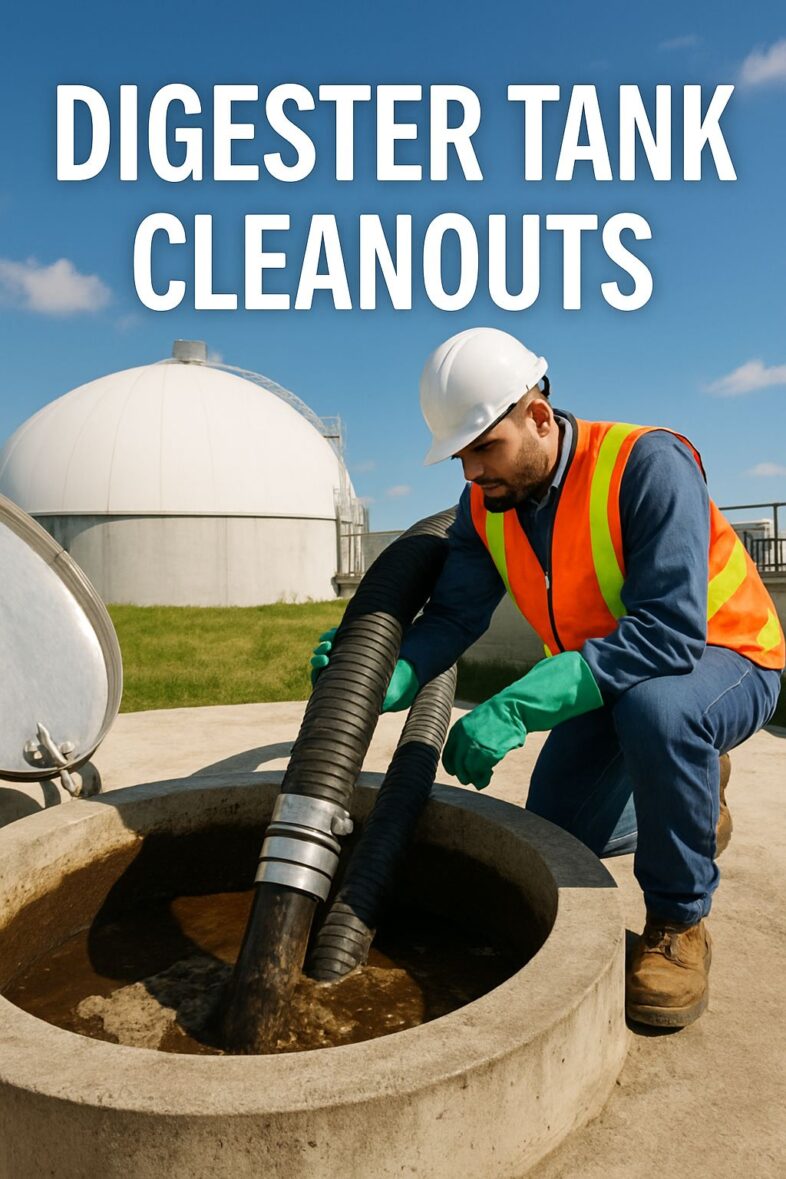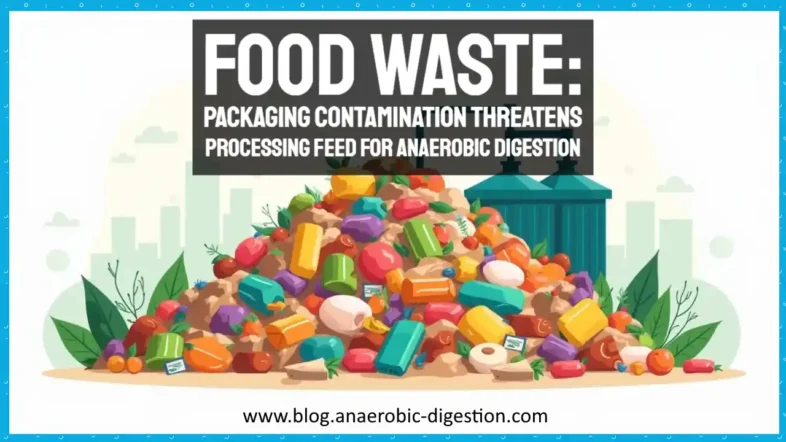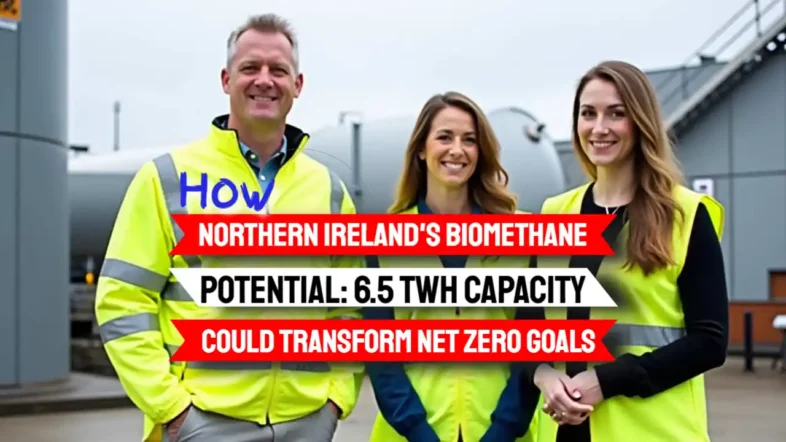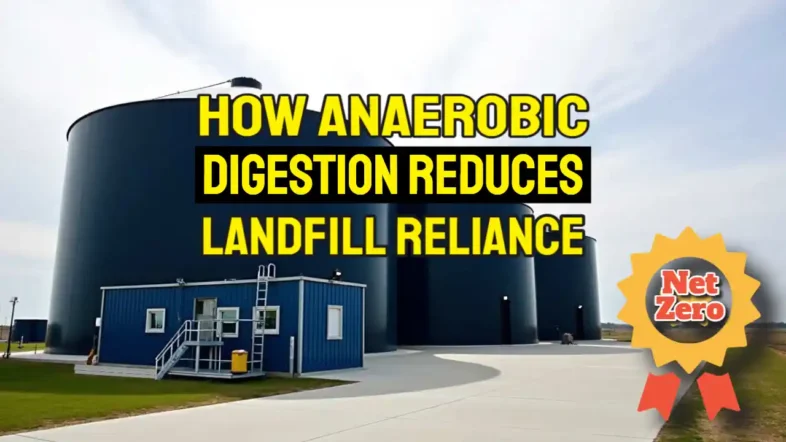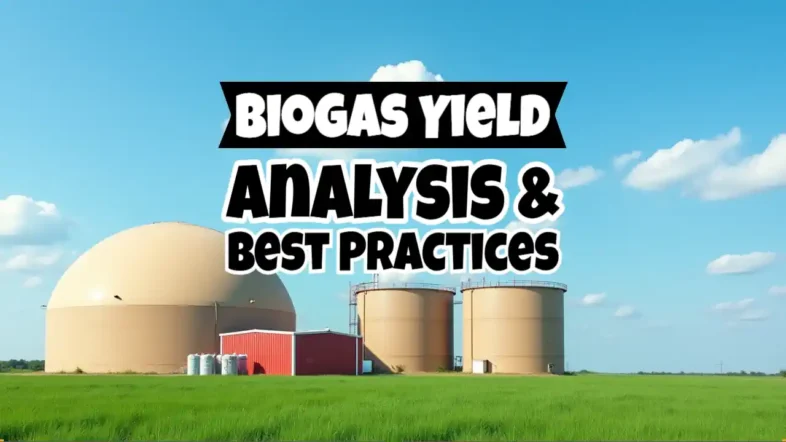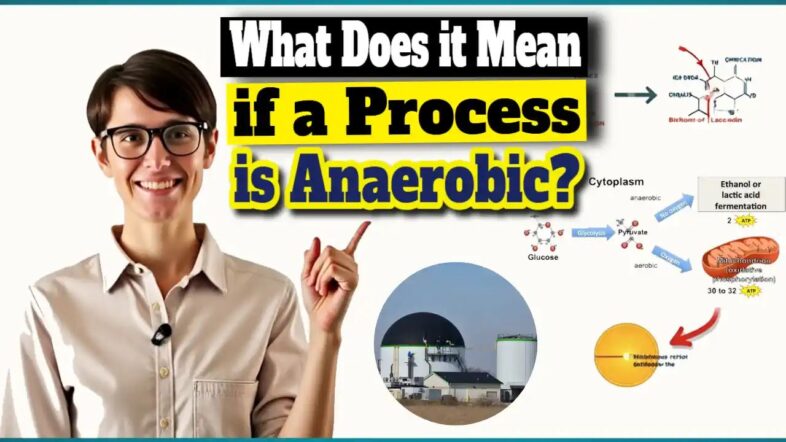Anaerobic Digestion
Understanding Biogas Generators: The Future of Waste-to-Energy
Biogas generators transform organic waste into renewable energy, offering a sustainable solution to waste management. By reducing greenhouse gas emissions and producing natural fertilizers, they help lower energy costs and fossil fuel reliance, making them a pivotal part of our renewable energy toolkit…
Anaerobic Digestion for Food Waste – Solutions & Benefits
Anaerobic digestion offers a sustainable solution to food waste by converting it into renewable biogas and nutrient-rich fertilizer. This process significantly reduces greenhouse gas emissions and provides cost savings for businesses. Discover how AD can transform waste management and support a circular economy model…
Egg Shaped Anaerobic Digesters – Strange Looking Tanks Explained
Egg Shaped Anaerobic Digesters; Enormous eggs! Whatever next! Have you ever wondered what those huge “strangely other-world like” not quite “spherical” tanks are that you sometimes see? An example image of a US biosolids biogas digester at a sewage works. They are anaerobic digestion process digesters, and very useful they are too! Egg-shaped anaerobic digesters […]
UASB Reactor Design, Process & Advantages
UASB reactors revolutionize wastewater treatment with their anaerobic process, offering energy savings up to 60% and biogas production. The core, a granular sludge bed, ensures high biomass retention, treating industrial waste efficiently. UASB technology minimizes sludge production by 90%, significantly cutting disposal costs and environmental impact…
Biogas Yield from Maize Silage vs Grass Silage Pros and Cons
Maize silage yields up to 0.38 m³/kg of methane, dominating biogas with 55% market share. Yet, it raises environmental concerns. Grass silage offers less yield but a higher methane quality. Co-digestion can optimize outputs, presenting a sustainable biogas future…
What is the Rate Limiting Step in Anaerobic Digestion?
Hydrolysis is often the rate-limiting step in anaerobic digestion, impacting biogas production. Understanding how hydrolysis and methanogenesis interplay is essential for optimizing systems. Strategies like thermal hydrolysis pretreatment can enhance productivity by overcoming bottlenecks and improving methane output efficiency…
Best Digester Cleaning Services & How to Avoid Tank Cleanouts with Advanced Depackaging & Separation
Digester cleaning prevents costly failures by removing sludge and grit. Professional services boost biogas production and extend equipment life. Advanced depackaging reduces cleanout needs. Proper separation extends maintenance intervals, saving costs from neglected systems and avoiding penalties, making them a vital part of digester care…
The Role of Anaerobic Digestion in Wastewater Treatment – UASBs EGSBs CSTRs and Staging
Anaerobic digestion transforms wastewater into resources through biogas production, enhancing energy efficiency and reducing emissions. With systems like UASBs and EGSBs, it excels in industrial and low-strength waste treatment. Multi-phase staging boosts efficiency, driving sustainable wastewater solutions forward…
Food Waste: Packaging Contamination Threatens Processing Feed for Anaerobic Digestion
Packaging contamination in the food waste recycling industry occurs when inadequate separation of the packaging from food waste occurs, and when physical contaminants such as microplastics and nanolastics are introduced into anaerobic digesters from the packaging itself. You toss out expired yoghurt, a mouldy sandwich, and soggy lettuce. Each one sits in a wrapper or […]
Biomethane in Northern Ireland: How the Region Could Lead the UK’s Green Gas Revolution
Biomethane is being introduced into Northern Ireland’s gas network to help decarbonize its energy supply, with the first injection into the grid occurring in November 2023. The potential exists for the province to develop a lead, but is the government doing enough? Produced from agricultural and food waste through anaerobic digestion, biomethane can be used […]
How Anaerobic Digestion Reduces Landfill Reliance — and Why It’s Better Than Incineration for a Circular Future
Anaerobic digestion (AD) is remarkable for its ability to reduce landfill reliance by diverting organic waste from landfills, where it would otherwise release methane, and transforming it into valuable products like renewable biogas and fertiliser. Read on and find out how it gets even better, because this process significantly decreases the volume of waste sent […]
Fixed Dome Biogas Plant Design & Installation Guide
Fixed dome biogas plants offer a sustainable energy solution with lifespans over 20 years, converting waste into fuel. Their underground design provides natural pressure and temperature stability, saving surface space. Proper site selection and construction enhance efficiency, making them ideal for developing regions seeking energy independence…
Biogas Yield Analysis & Best Practices: Maximizing Output from Food Waste
Food waste can generate up to 0.65 m³ of biogas per kg of dry matter. Optimising conditions like temperature, pH, and co-digestion with other substrates can significantly boost biogas yields, transforming organic waste into a sustainable energy source while reducing environmental impact…
What Does it Mean if a Process is Anaerobic? Definition & Explanation
An anaerobic process is any biological or chemical process that occurs without oxygen. Key examples include anaerobic respiration, where cells generate energy sans oxygen, and anaerobic digestion, where organisms break down waste to produce biogas, illustrating the essentiality of such processes in oxygen-limited environments…

